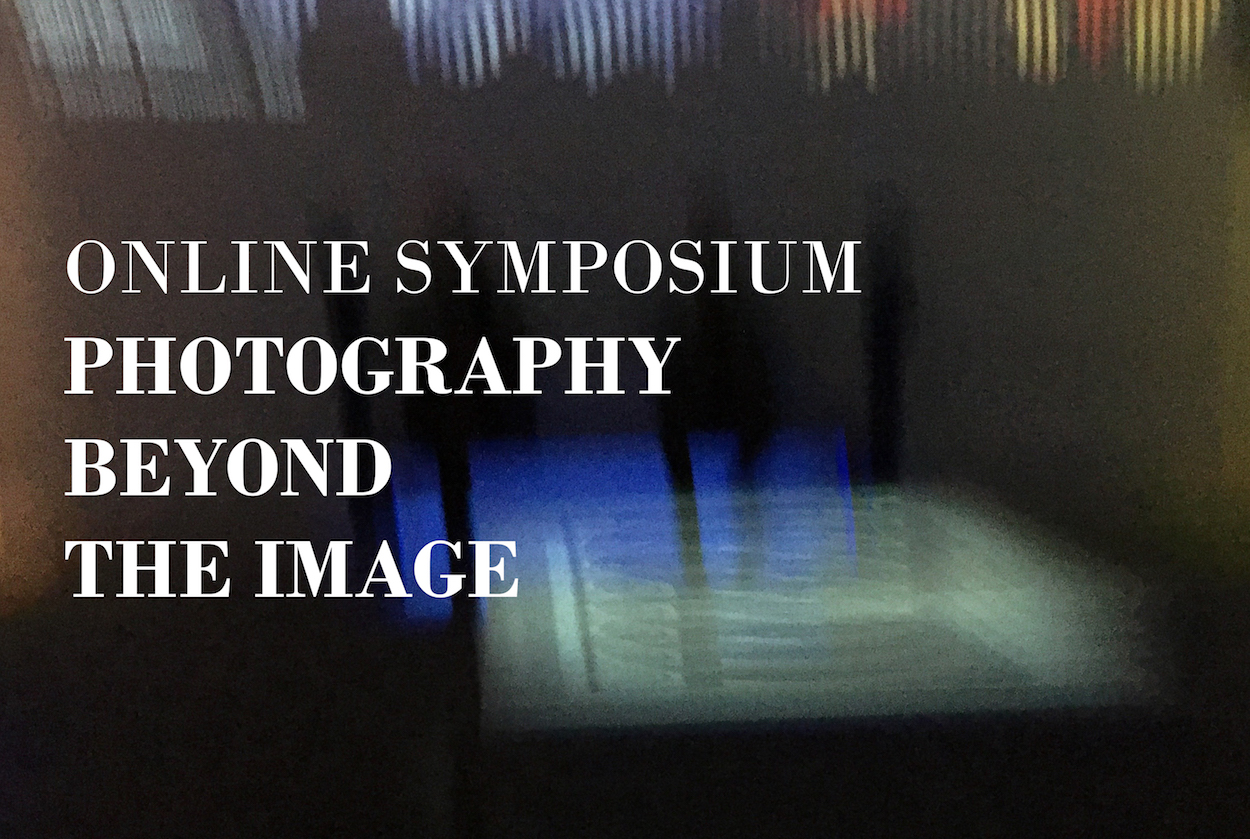Posts from October 2020
Wednesday 21 October 2020, 2:00 – 6:00 pm BTS
Online roundtable and workshop: Sinophone creative responses to Covid-19, racism and xenophobia
Following overwhelming public response to a roundtable on Covid-19 and racism back in March 2020, our friends and colleagues in the Contemporary China Centre at the University of Westminster are following up with another online roundtable and workshop on how different Chinese communities have continued to combat Covid-19 related racism.
All are welcome but registration is required.
For Chinese-speaking communities in the UK and elsewhere, Covid-19 has witnessed a steep rise in racism and xenophobia. Alongside efforts to combat Covid-19 related racism and support those who have experienced discrimination, Chinese-speaking communities have been producing and circulating Chinese-language materials about the virus through various creative means and media, in an attempt to foster new forms of understanding about their respective communities to broader audiences. Building on the overwhelming public response to the previous roundtable on racialised discourses and Covid-19, this workshop is part of a series of events exploring the ways in which different Chinese communities have been responding to Covid-19 and the ensuing wave of racism and xenophobia. Through collaboration with academics, activists, and local communities, the aim is to map out the creative responses emanating from a diverse range of Chinese cultures and build new alliances and networks to fuel resistance, action, and change. What strategies, resources and ideas can be shared for intervening in prevailing Covid-19-fuelled racisms to build towards a more equitable future?
Dr Diana Yeh, Flair Donglai Shi, Sam Phan and Dr Shzr Ee Tan will share their reflections on how the fear and ignorance around Covid-19 have continued to fan pre-existing racisms and expose social faultlines, and the kinds of responses that have sought to resist and challenge such practices. This second half of the event will a workshop led by Dr Denise Kwan in which participants move into breakout groups to explore the themes: Anger/Joy as Resistance; Collective Care; and Political-Hearts.
Note: Those who have registered will be sent a link to Zoom before the event starts.

The University of Westminster (including staff in the IMCC) is one of the nine universities that now make up the AHRC-funded technē Doctoral Training Partnership.
technē supports outstanding students pursuing the ‘craft’ of research through innovative, interdisciplinary and creative approaches across a range of the arts and humanities. For more information on technē and the kinds of projects it funds, please see http://www.techne.ac.uk/
As well as fully-funded financial support, technē offers a developmental framework for doctoral researchers across the collaborating institutions, with research training, supportive community networks, professional and public engagement opportunities and a space for both independent and collaborative scholarship. Studentships include maintenance and fees for three years for a full time student; or six years for a part-time student. International students are eligible to apply for studentships but will be expected to pay the difference between the home and international fee rate themselves (as the studentship will only cover fees at the home rate, plus the stipend).
For an informal discussion about applications in the IMCC’s subject areas, including modern literary studies and visual culture, please contact Dr Helen Glew: h.glew@westminster.ac.uk
The deadline for applications is Thursday 1 December 2020 by 5.00 pm. Interviews will be held in the week commencing 18 January 2021.
Further details, including how to apply, can be found here:
https://www.westminster.ac.uk/study/postgraduate/research-degrees/studentships/techne-ahrc-doctoral-training-partnership-studentships-0

October 16 2020, 15:00 – 16:00 CEST
RDA IG-PTTP and Frankfurter BuchMesse #20: Preserving and Annotating Publishers’ Data
Presenters: Peter Cornwell (ENS-Lyon, IMCC, Data Futures), José Gonzalez (CERN), Tom Lamberty (Merve Verlag)
Details on how to register and participate here and here.
The second seminar of this series, co-organized with the Frankfurt Book Fair, addresses digital preservation solutions for the publishing enterprise. Presenting experience from the 2015-2020 open access project of Merve Verlag—winner of the 2020 German Publishers’ Prize—the seminar focusses on delivering the full book content of the publisher catalogue: creation of technology-agnostic digital editions; open access and support of the research community; and strategies for future-proof accessibility and long-term preservation.
The preservation trajectory also addresses digital capture and accessibility for historic information about the publisher, such as author and rights correspondence, launches, events and archives—although this will be addressed in a subsequent event.
Tom Lamberty, managing director of Merve, will present strategies for creating a publishing data resource—from digitization of out-of-print books, as well as conversion of current publications originated digitally using tailored re-delivery workflows, to produce a digital corpus to support conventional print and distribution, print-on-demand and a digital edition which can supply both open reading access and the research community.
Peter Cornwell, research fellow at ENS-Lyon and the Institute for Modern and Contemporary Culture at the University of Westminster, and director of Data Futures GmbH, addresses development of multi-function online access using the International Image Interoperability Framework (IIIF). Automated production of IIIF services from publishers’ digital editions supports not only existing and future electronic reading applications, but also new research platforms generating preservable Web Annotation Data Model collections, which can be output directly to repositories.
José Gonzalez, head of repository technologies at CERN, charts the history as well as current developments surrounding long-term access and preservation technologies for research data in the physical and life sciences. Since the 1960s, increasing data volumes and enormous international research investment has driven continuous preservation efforts focussing on software engineering, and CERN has become a prominent developer and user of reliable data repositories. Its technology now underpins the Zenodo global catch-all repository for research data, and the forthcoming release of InvenioRDM gives new communities such as the publishing sector radical new data distribution and preservation opportunities.
This seminar, which is part of the 20th Frankfurt Book Fair programme, is intended as an introduction to creation and deployment of new data resources from existing publisher data and especially, long term operation and maintenance aspects— to ensure preservation of investment in such activities. Organized jointly with the Preservation Tools, Technologies and Policies (PTTP) Group of the Research Data Alliance, a series of more specific seminars, shaped according to participant feedback is planned in early 2021 as part of RDA’s ongoing program. An update on this seminar will be included in the annual RDA Plenary 16 meeting, November 9th-16th. The second seminar of this series, co-organized with the Frankfurt Book Fair, addresses digital preservation solutions for the publishing enterprise. Presenting experience from the 2015-2020 open access project of Merve Verlag—winner of the 2020 German Publishers’ Prize—these talks proceed from creation of a homogeneous digital corpus, to adoption of APIs for future-proof internet access and platforms for scholarly research, and long-term preservation. The seminar focusses on delivering the full book content of the publisher catalogue—three talks will present this activity.
Saturday 28 November 2020, 9.30am – 1pm
Photography Beyond the Image
IMPORTANT NOTICE: The symposium, Photography Beyond the Image, which was re-scheduled online for this November, engendered some critical responses concerning the line-up of the event. Committed as we are to creating a public engagement programme based on equality, diversity, and inclusion, and appreciating that the online move of an originally UK-based event, cancelled because of COVID-19, should have been an opportunity to diversify the panels further, the decision has been made to suspend the event to consider this and are working towards developing a differently structured symposium on the topic of photographic studies beyond the visual image in the future. Apologies to those who had already booked for the event.
Recent years have seen photographic studies move beyond the analysis of the visual product. From a focus on photographs as the privileged points of access for studying photography, thus supporting a predominant understanding of the medium as a representational tool, the field is today embracing a more holistic approach. This has brought photography into a much needed interdisciplinary and intermedial analytical environment, and alerted us to the social, cultural and commercial entanglements that shape and are shaped by photographic practices.
This one-day symposium seeks to examine these intellectual trends by reflecting on their postulates, methodologies and future directions.
The event, which is free, will take place on Zoom. The Zoom link will be emailed out to everyone who has reserved a ticket on Saturday 21 November, together with a link to access the pre-recorded contributions.
The University of Westminster has one of the most diverse student bodies in the UK, with a high percentage of Black and Minority Ethnic (BME) students. Yet BME students remain relatively under-represented at the higher levels of research, with a significantly lower proportion of BME doctoral students. As part of the ongoing effort to ensure equal access to research opportunities within our subject areas, the School of Humanities at Westminster, which houses the Institute for Modern and Contemporary Culture, intends to fund a full studentship for a PhD student starting their studies in January 2021, which will be available to BME applicants only.
The successful candidate will have exceptional research potential in one or more Humanities disciplines: English Language, English Literature, History, Linguistics, Modern Languages (Arabic, Chinese, French, Spanish), Translation Studies or Cultural Studies and Visual Culture.
The studentship will be open to students eligible for home fees and consists of a fee waiver and an annual stipend of £17,285 (for 2020/21, raising each year in line with UKRI increases) for three years. This includes London weighting. The studentship will include a comprehensive personal and professional development training and mentoring programme provided through the University of Westminster Graduate School. The researcher will also have the opportunity to join the University’s BME Network.
For queries about any aspect of the application process, or informal enquiries about areas of research, please contact the School of Humanities PhD Co-ordinator, Dr Helen Glew, at h.glew@westminster.ac.uk.
Applications should be submitted by Friday 16 October. Interviews will take place in late October.
Full details on the studentship and how to apply here.

“We are the children of Fritz Lang and Werner von Braun. We are the link between the ‘20s and the ‘80s. All change in society passes through a sympathetic collaboration with tape recorders, synthesisers and telephones. Our reality is an electronic reality.”
David Cunningham, Deputy Director of the IMCC, on Kraftwerk, modernism and the late great Florian Schneider in the latest issue of Radical Philosophy here.


The Institute for Modern and Contemporary Culture
University of Westminster Department of English, Linguistics and Cultural Studies
32-38 Wells Street, London W1T 3UW. United Kingdom.

